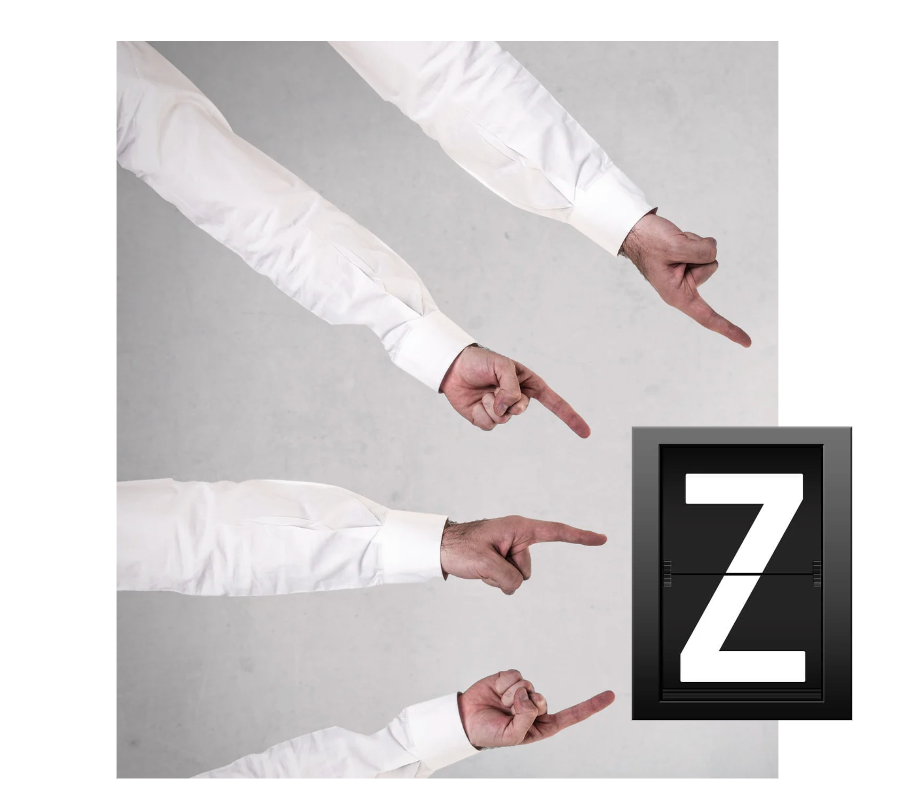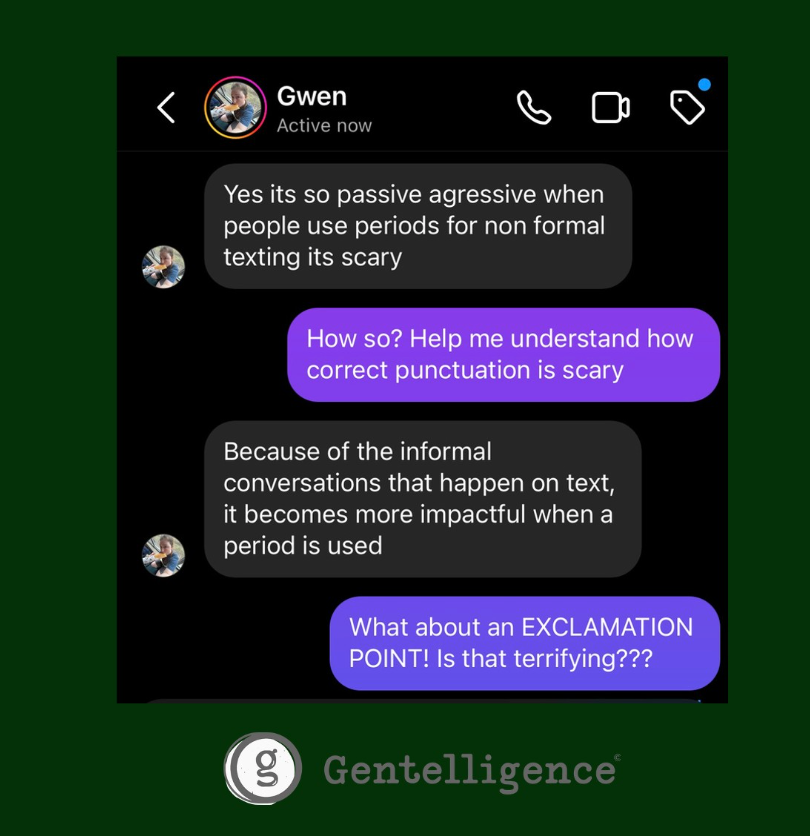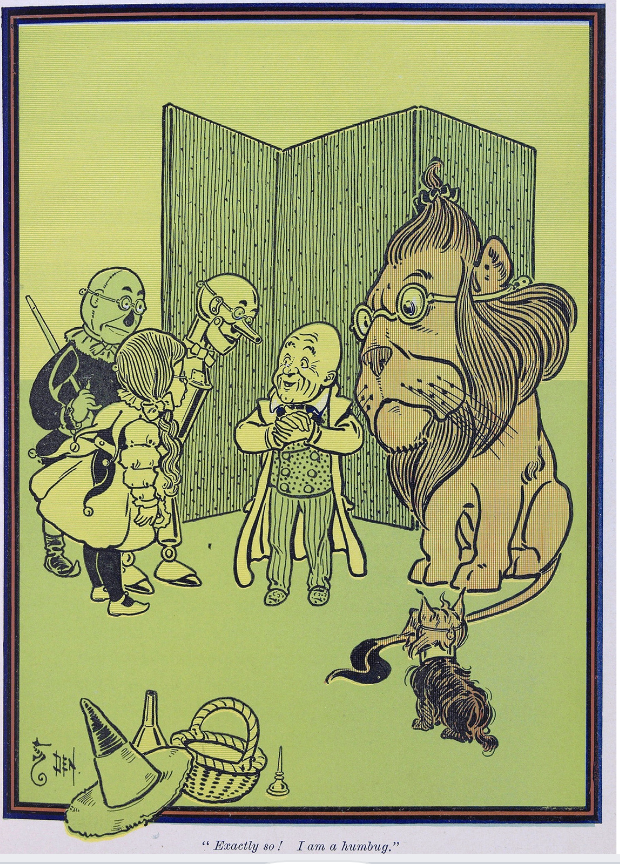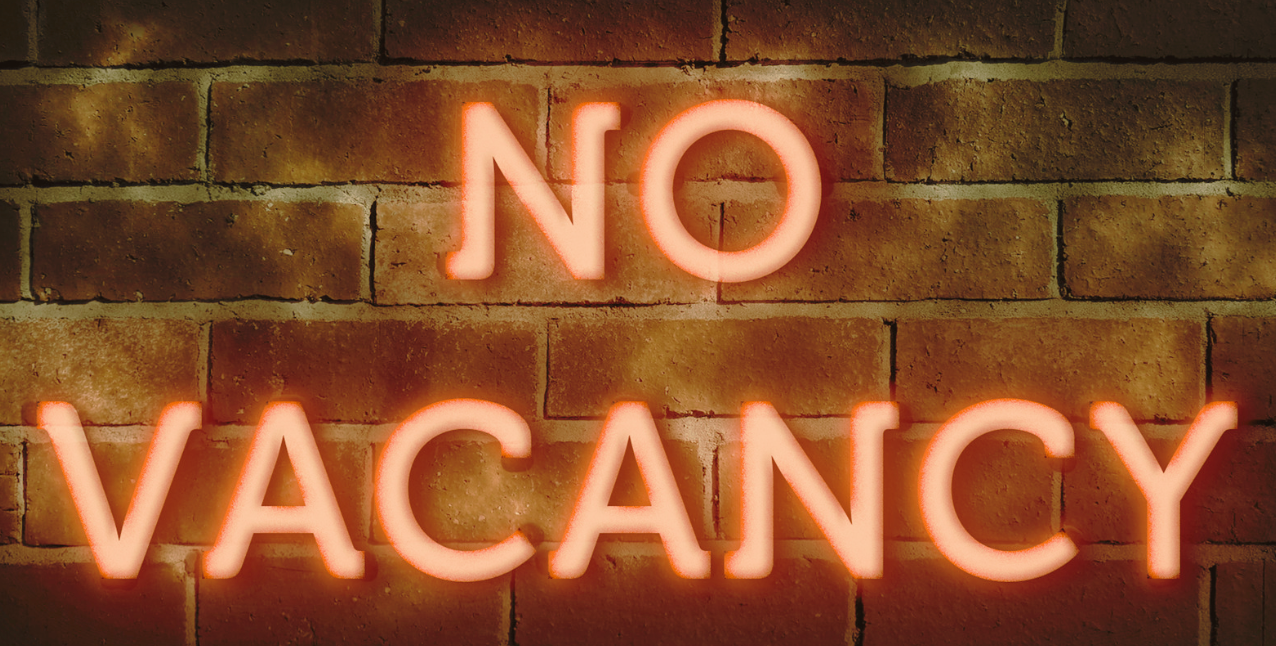Generational Fish
Here's the thing about water.

Fifteen years ago, I asked my class of college students what percentage of their parents they thought had ever gone to their professors' office to try to negotiate a better exam grade when they felt a test was tricky or unfair. They guessed 90%.
That's when I discovered something fundamental to Gentelligence: a fish doesn't know it's wet. This is now one of my favorite sayings regarding differences in perspective. The saying comes from a famous commencement speech
given by David Taylor Wallace in 2005: There are these two young fish swimming along and they happen to meet an older fish swimming the other way, who nods at them and says “Morning, boys. How’s the water?” And the two young fish swim on for a bit, and then eventually one of them looks over at the other and goes “What the hell is water?”
I'm not usually a fan of parables, but it is an outstanding metaphor for generational differences. When you grow up surrounded by people close in age to you, as just about all of us do, you are oblivious to the norms that guide your behavior. Because, by definition, they are normal to you, nothing noteworthy. They are your water.
When we are young, we are the least aware that our water differs from any other generation. When we enter the workplace, we start to slowly realize that our norms might be new.
Mac and cheese
For context, these students were Millennials (and no, this is not about to become an article on entitlement). Their parents would have been older than me, meaning they were Gen Xers, and speaking from my own lengthy college experience, the accurate number was likely close to zero percent. It just wasn't done. It wasn't considered an available option. If you happened to have a professor who wrote terrible exams, that was your bad luck.
I remember having an English professor for my Shakespeare course my sophomore year who assigned two plays to read concurrently and still seemed to test us on entirely different plays that we had not yet read. I remember once asking her advice on how I could better prepare, never once considering it was not a lack of work on my part that led to the poor exam outcome. I never considered going to the department chair (or the dean) to complain. Truth be told, I didn't know we had a dean, and I had never heard of anyone pushing back on a professor. Professors were founts of KNOWLEDGE. Eccentric but supposedly brilliant. If we failed, it was implied that we did not yet UNDERSTAND, which was the work of education. I had a psychology professor who stood at the podium and talked about how love was like macaroni and cheese for at least 6 weeks, and I took notes on all of it. (Love=mac & cheese? Think more on this!)
Was this norm healthy? I have no idea. Were there instances where someone should definitely have sought out a greater authority to check on what was happening in those classrooms? Probably. But it was all we knew, it was what made sense to us, and no one thought to question it. It was the pond we swam in, and those were the norms we grew up with. In time, the eccentric professors were left behind for managers whose actions were sometimes just as nonsensical, but again, it was above our pay grade. Eventually, we figured, it would probably become our pay grade and then we could make it make sense, but until then, must press on.
The 90 percent
Back now to my Millennial college students and that 90 percent guess. It wasn't that they were consciously choosing to act in a different or difficult way, they were entirely oblivious that there was ever a different way to act. Their way made sense to them, which is why they did it. Not to be disrespectful or entitled. Yet viewed through a lens of different generational norms (that make as much sense to us as theirs do to them), we judge them as wrong.
We had been talking about generational norms and how they evolve over time. Generational norms are a beautiful way to describe those differences we experience when working with those significantly older or younger, as they capture those differences without falling into broad and lazy stereotypes. A norm is a frequency of behavior or attitude, and we can measure that. We can say that a particular behavior (such as questioning someone in authority) was more or less frequent in one generation than another without insisting all people born across an entire generation acted or thought a specific way. The point of my original question was simply to emphasize that the norm about pushing back on authority (professors or bosses), no matter how respectful, was relatively new. Not right or wrong, but new.
This is where those fish come in.
Think about it: if you believed the generation before you had also gone to see their professors to negotiate better exam grades, or questioned their manager's decision-making, likely you wouldn't give pause before doing it yourself. If you assumed your norms were everyone's norms, you'd also assume everyone would interpret that behavior the way you intended it. You wouldn't rally your emotional intelligence to think through how your actions might land with someone with an entirely different experience with authority than you had. You wouldn't adjust your message or approach to manage its delivery so as not to seem disrespectful to those who wouldn't dare question authority. Because you are a fish, and you live largely unaware that the water you swim in is unique.
Gentelligence® is always about understanding the why behind generational differences. In this case, I asked my students why they went in to negotiate exam grades with their faculty. Their answers ranged from "I'd think you'd want to know your exam was confusing" to "I'm under a huge amount of pressure to get good grades and I know my friends are going to go in to try to get every available point, so I have to as well." In fairness, they often did walk out of those offices with higher grades or more points (not my office, but it was a strategy that seemed to pay off more often than not).
If we go back even further on the why, Millennials were the first generation raised when parenting norms began to shift dramatically in the US. Gen Xers were the last generation raised primarily under that "children should be seen and not heard" mindset, acting as supporting characters in the family dynamic. (Fend for yourself, latchkey kids, we'll be home at 6! Don't get into that van with the man promising candy!).
By the time the first Millennials came along, society was coming around to a different parenting approach: invest in those children early. Foster their potential. Support their challenges. Try not to scar them irreparably. Resources (time and money) began to flow to the children, and schedules revolved around their activities and needs. Was this bad? No, it was entirely well-intentioned. We should want the next generation to fare better than the last, or what are we here for? But that doesn't mean this new set of child-rearing norms didn't come with benefits and challenges, because it also meant new norms for that generation of children being raised differently. It meant many of them were raised with a greater sense of self and a louder voice and were encouraged to advocate for themselves and go after what they wanted.
And that is how they arrived in those professors' offices, and later managers' offices, asking questions and offering suggestions at an age unthinkable to prior generations. Who do you think you are? Like every generation, they were simply fish, swimming the way they learned to swim. We called them entitled, just as we called Gen X slackers (and Boomers pushed back against the Establishment, and it goes on and on...). All that means is that you aren't acting in a way that makes sense to us. Your norms aren't the norms we understand or are used to, and we are uncomfortable. We are fish out of our own water.
The discussion I had that day 15 years ago with my college students is still one of the most memorable Gentelligence® moments I have ever had. They didn't know their norms were different from those of the generations before them. Without this awareness, there's no sense that you might need to adjust your approach or consider your audience, and even the best-intentioned actions can land very differently than expected.
I had another version of this conversation this year with my students, now part of Gen Z. We talked about their norms prioritizing mental health and wellness in the workplace and whether they thought those were unusual (spoiler: they did not think so). Many guessed their parents and grandparents did the same thing at their age and career stage. I asked them to consider where their norm came from (if you experienced a global pandemic during your formative years, how important would you consider health and wellness???), and to have a conversation with their parents and grandparents about it. Would they have made such a request? Why or why not? How would they react if their employee did?
Gentelligence® is about being aware of the water. We are all generational fish.













